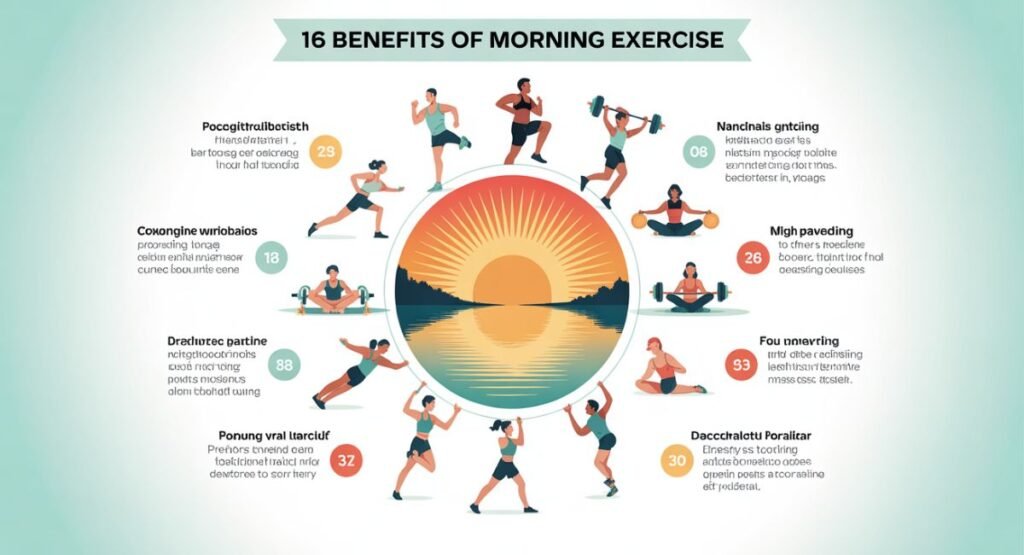Introduction
Table of Contents
Coffee is more than just a morning ritual. For millions, it is a comforting companion, a productivity booster, and a cultural symbol. Yet the question lingers: Is coffee good for you? Research has revealed surprising insights into the health benefits of coffee, along with risks that depend on how much and how often you drink it.
Many people start their day with a warm cup of coffee, but the question often lingers—is coffee good for you? Around the world, this beverage is more than just a drink; it is part of culture, conversation, and comfort. Yet researchers continue to explore whether the daily brew helps or harms our health. Studies reveal surprising insights into caffeine, antioxidants, and long-term wellness.

What is coffee?
Coffee is a brewed drink made from roasted coffee beans. It is one of the most popular beverages worldwide, consumed in homes, offices, and cafés across all continents. From a quick shot of espresso to a long sip of black coffee, it brings people energy, focus, and comfort.
The nutritional value of coffee lies in more than just caffeine. It is rich in antioxidants in coffee, especially polyphenols, which fight inflammation and free radicals. These compounds may explain why studies often link coffee consumption to lower risks of disease. Still, the answer to whether it’s good or bad depends on balance and context.
History and Origins of Coffee
The story of coffee traces back to Ethiopia, where legend says a goat herder discovered its energizing effect. From there, it spread to the Arab world, becoming part of daily rituals and social gatherings. By the 15th century, coffeehouses emerged as places for conversation, business, and politics.
With global trade, coffee consumption expanded into Europe, Asia, and the Americas. Colonization and demand for beans turned it into a powerful trade commodity. Today, it is not only a drink but also a cultural symbol that unites diverse societies under one aroma.
Types of Coffee and Variations
There are three main bean types: Arabica, which has a mild flavor; Robusta, known for its higher caffeine content; and Liberica, a rare variety with a fruity taste. Each bean affects coffee antioxidants for health and bitterness differently.
The way you brew matters too. Espresso, cold brew, and instant coffee vary in caffeine content and acidity. For example, cold brew tends to be smoother and less acidic, while espresso packs a concentrated punch. Choosing the right style influences both taste and how your body reacts.

Nutritional Value of Coffee
A cup of black coffee is nearly calorie-free, but it carries valuable nutrients. It contains potassium, magnesium, and B vitamins, as well as powerful polyphenols. These antioxidants in coffee play a major role in protecting cells from damage caused by free radicals.
The caffeine content ranges from 60 to 120 mg per cup, depending on the brew method and bean type. Understanding daily coffee intake (3–4 cups) is important, since moderate consumption is linked to reduced risk of disease, while excess can lead to problems like caffeine overdose or caffeine intoxication.
Health Benefits of Coffee
Studies suggest coffee and diabetes are closely linked. Regular drinkers show lower risks of type 2 diabetes prevention due to improved insulin sensitivity. Drinking coffee may also aid in managing metabolic syndrome and controlling weight loss and BMI.
In terms of brain health, coffee and Parkinson’s disease research shows caffeine may delay symptoms. Drinking coffee is also associated with lower chances of cognitive decline/dementia and Alzheimer’s disease. Meanwhile, coffee and liver disease studies reveal protection against chronic liver disease (CLD), cirrhosis, nonalcoholic fatty liver disease, and even reduced risks of hepatocellular carcinoma and gallstones.
| Condition | Coffee’s Possible Benefit |
| Type 2 Diabetes | Improves insulin sensitivity |
| Dementia/Alzheimer’s | Reduces risk and slows decline |
| Chronic Liver Disease | Lowers risk of cirrhosis and fatty liver |
| Parkinson’s Disease | Delays onset and progression |
| Certain Cancers | Reduced risk of liver and colorectal cancer |

Risks and Side Effects of Coffee
Too much coffee may cause caffeine-induced anxiety disorder, leading to restlessness, rapid heartbeat, or worry. Some experience caffeine-related sleep disorders, especially if they drink late in the day. Others face digestive issues such as gastroesophageal reflux disease (GERD) or stomach upset.
In women, high intake may raise risks of bone fractures, endometriosis, and pregnancy complications like low birth weight or preterm birth. Safe limits are usually set at daily coffee intake (3–4 cups) for healthy adults. More than that can lead to caffeine intoxication or dependence.
Coffee vs. Tea—Which Is Better?
When comparing coffee vs. tea, the tea vs. coffee caffeine levels matter. Coffee usually has more caffeine, boosting alertness quickly, while green tea offers a gentler effect with added compounds like L-theanine, which calms the mind.
Health-wise, both drinks have unique benefits. Coffee and heart health studies suggest moderate use may protect cardiovascular health, while tea is often praised for reducing stress and supporting digestion. The choice between coffee vs. tea depends on lifestyle—coffee suits productivity bursts, while tea may be better for relaxation and long-term wellness.

Sustainable Coffee and Fair Trade
Beyond health, coffee sustainability and safety are global concerns. Coffee farming can harm the environment through deforestation, soil depletion, and pesticide use. Climate change also threatens supply and quality.
Ethical sourcing through fair trade ensures farmers receive fair wages and communities thrive. Sustainable cultivation reduces toxic risks from mycotoxins and acrylamide, which are potential toxic ingredients in coffee. Choosing certified brands supports both your health and the planet.
Tips for Healthy Coffee Drinking
Enjoying coffee consumption responsibly starts with how you brew and store it. Fresh beans and proper grinding help preserve flavor and maintain antioxidants in coffee. Brewing without excess sugar and cream avoids unwanted calories and reduces risks linked to cholesterol and lipids.
It is wise to avoid coffee late in the evening to prevent caffeine-related sleep disorders. Pregnant women should limit intake to reduce pregnancy complications. Switching to decaffeinated coffee provides decaf benefits and risks, offering flavor without overstimulation. Pairing coffee with a balanced diet and exercise ensures overall wellness.
Final Thoughts
So, is coffee good for you? The evidence suggests yes—when enjoyed in moderation. From protecting against coffee mortality risk through chronic disease reduction to providing essential coffee antioxidants for health, coffee can be part of a healthy lifestyle.
However, the risks of side effects of coffee should not be ignored. Balance is key, and individual health conditions must guide choices. A coffee meta-analysis shows that moderate coffee consumption (3–4 cups daily) often leads to longer, healthier lives. Like many things in life, coffee works best when enjoyed wisely and with awareness.
FAQs
Coffee near me
When you search “coffee near me,” it shows local cafés and shops serving fresh brews. It helps you quickly find a cozy spot to enjoy your favorite cup.
Coffee benefits
The main coffee benefits include improved focus, better mood, and reduced risk of certain diseases. It also contains antioxidants that support overall health.
20 benefits of coffee
There are at least 20 benefits of coffee, from boosting energy and aiding weight control to protecting the liver, heart, and brain against chronic conditions.
Coffee types
Popular coffee types include espresso, cappuccino, latte, Americano, cold brew, and instant coffee. Each type has a unique flavor, strength, and brewing style.
Coffee disadvantages
Some coffee disadvantages include anxiety, digestive issues, poor sleep, and higher risk of bone problems if consumed in excess. Moderation is the key.



